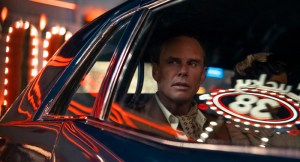Billy Bob Thornton’s 10 Best Movies
We look back at the best-reviewed work of the Bad Santa 2 star.
Actor, writer, director, recording artist: there’s nothing Billy Bob Thornton can’t do, including bringing a sequel to a cult comedy to the screen over a decade after the original played in theaters. In celebration of the latter achievement, playing out in this weekend’s Bad Santa 2, we turn our attention to Mr. Thornton’s estimable filmography, whose critical highlights boast eclectic riches you may not suspect. It’s time for Total Recall!
10.
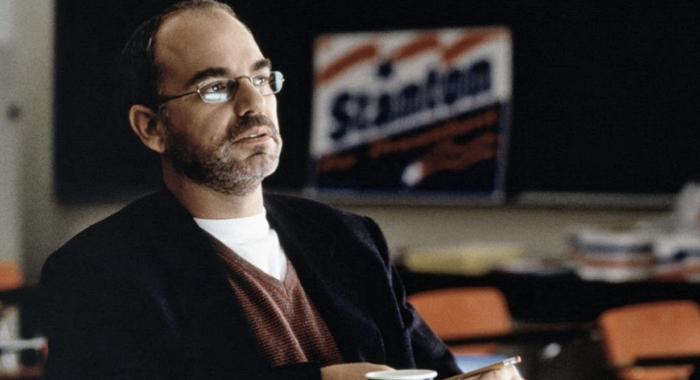
Based on a thinly fictionalized account of the 1992 presidential campaign written by Joe Klein (who hid, for a time, behind the nom de plume “Anonymous”), and featuring cameos by Geraldo Rivera, Charlie Rose, Larry King, and Bill Maher as themselves, 1998’s Primary Colors could easily have been overshadowed by the real-life circus that followed Bill Clinton’s administration during both of his terms — but director Mike Nichols and screenwriter Elaine May had been a creative team for decades, and their comfort with one another, as well as a terrific cast, made Colors one of the better-reviewed films of the year. Thornton, tasked with providing a caricature of Democratic strategist James Carville that was still layered enough to make sense in an ostensibly grounded drama, passed with flying colors; as Stanley Kauffmann wrote for the New Republic, “Sheerly as film, Primary Colors generally sizzles.”
9.
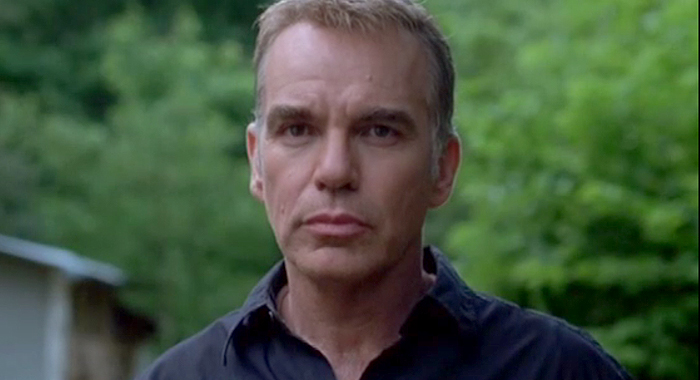
As a guy who habitually writes and directs his own movies, perhaps Billy Bob Thornton is predisposed to have a soft spot for films led by triple-threat talents — or maybe he just appreciated Chrystal, the 2004 directorial debut from actor-screenwriter Ray McKinnon, on its own merits. Either way, this drama about an Arkansas ex-con (Thornton) grappling with the painful aftereffects of his crimes earned a number of positive reviews during its limited release; despite its dark themes, wrote Duane Byrge of the Hollywood Reporter, the movie comes across as “A grand story of redemption, laced with barbecued wit and slopped with intrigue.”
8.
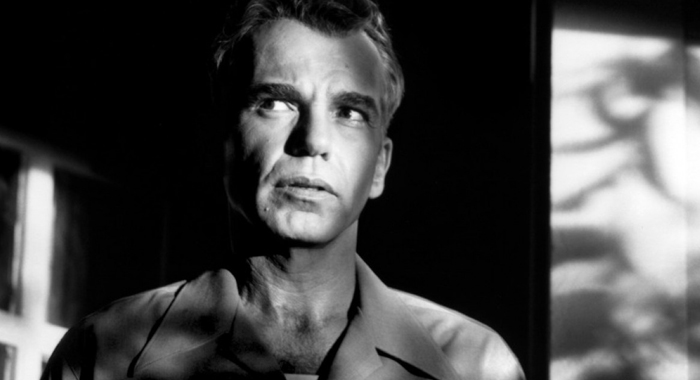
The Coen brothers went neo-noir for 2001’s The Man Who Wasn’t There, drafting a stellar batch of character actors (including Thornton, Richard Jenkins, Tony Shalhoub, and Frances McDormand) to tell the story of a barber (Thornton) whose placid-seeming suburban post-WWII existence unravels into a crazy tangle of blackmail, murder, and one very precocious teenage girl (Scarlett Johansson). The black-and-white Man failed to make much of an impression at the box office, but it enthralled critics like ReelViews’ James Berardinelli, who praised it as “An unconventional, unpredictable thriller that Hitchcock probably would have enjoyed.”
7.
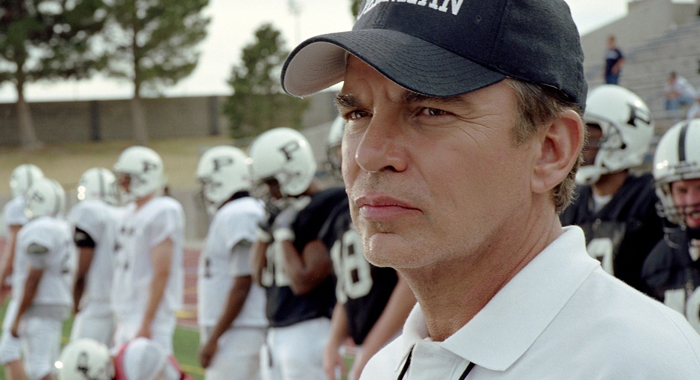
Before it was an acclaimed cult favorite on the TV dial, Friday Night Lights was a Buzz Bissinger non-fiction book about life on the Texas high school gridiron — and then it was a Peter Berg drama starring Billy Bob Thornton as a football coach with the weight of a small town’s hopes and dreams on his program’s shoulders. In hindsight, it seems awfully easy to say Lights was always destined to play out more powerfully on the small screen, but the film stands up pretty well on its own; as Michael O’Sullivan wrote for the Washington Post, “The movie is full of both crushing disappointment and hope, resignation and joy, ugliness and great beauty.”
6.
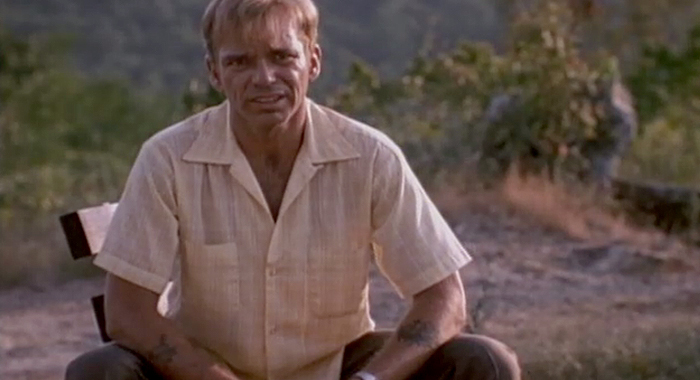
Thornton and Miramax enjoyed a fairly fruitful relationship (see Sling Blade), but the industry is always changing — as are studio fortunes. You’d think the guy who won an Oscar for writing, directing, and starring in Sling Blade would have a blank check, but 2001’s Daddy and Them — made for a paltry $4 million — barely eked out a limited release before heading off to DVD. As far as critics were concerned, it was a shame: starring Thornton and Laura Dern as an Arkansas couple embroiled in family drama after his uncle gets carted off to the hoosegow for attempted murder, it earned praise from scribes such as Variety’s Edie Cockrell, who wrote, “Beneath its deadpan and often absurdist exterior, Daddy and Them feels like a very personal piece of work about how family really does come first, warts and all.”
5.
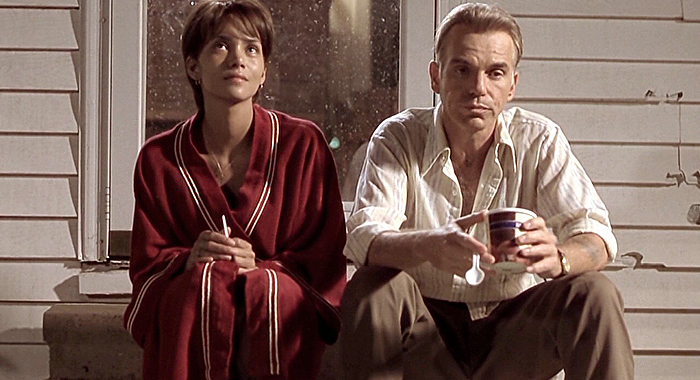
There are dark indie dramas, and then there’s Monster’s Ball. Starring Halle Berry as a widow raising her child after the death of her husband — and Thornton as the former prison guard who strikes up an affair with her after helping supervise his execution — it’s a film whose characters are flawed to the point that most of them spend much of the film doing awful things to the few who aren’t predisposed toward unspeakable cruelty. But if it didn’t leave most viewers feeling fuzzy inside, Ball was certainly warmly received: Berry won a Best Actress Oscar for her work, and Arizona Republic critic Bill Muller echoed the thoughts of many of his peers when he called it “A textbook example of fearless filmmaking, exhibiting a brand of gritty realism that’s hard to watch but impossible to ignore.”
4.
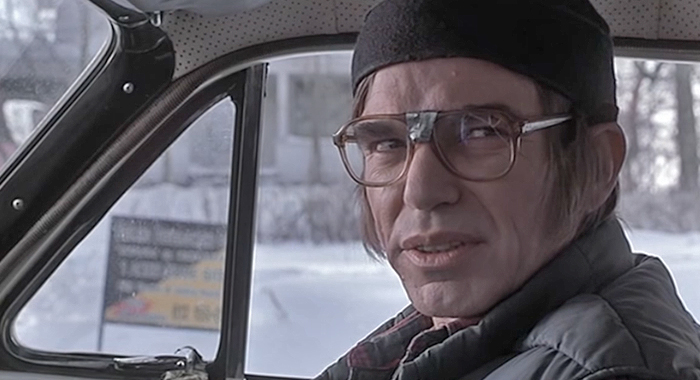
Are people inherently good or evil, or are their morals and ethics driven by the choices available to them? That’s the devilishly grim question at the heart of Sam Raimi’s A Simple Plan, an adaptation of the Scott Smith book about a pair of brothers (played by Thornton and Bill Paxton) who happen upon a downed plane full of cash during a hunting expedition with a friend (Brent Briscoe). One secret and one lie seem like a small price to pay for a $4.4 million windfall split three ways, but their simple plan begins to unravel surprisingly quickly, making the trio — and, by extension, the audience — helpless witnesses to an increasingly gruesome tumble into darkness. “A Simple Plan is a suspenseful, unnerving movie that ranks as one of the best thrillers in recent years,” marveled Mike McGranaghan for Aisle Seat. “The plot and characters converge nicely, and by the end, you are left to wonder how much money is enough to entice you to sell your soul.”
3.
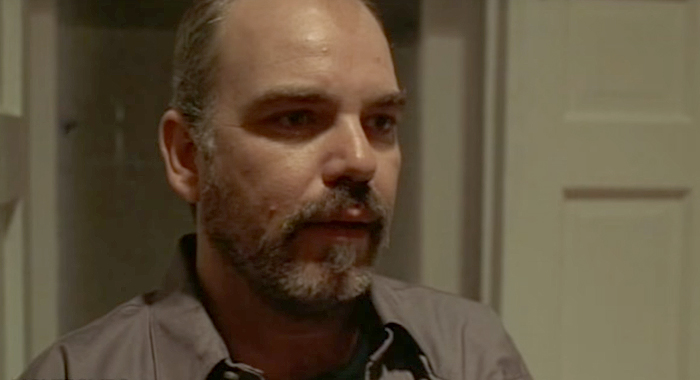
Two years after Robert Duvall appeared in Billy Bob Thornton’s labor of love Sling Blade, Thornton repaid the favor, taking on a role as a town resident whose views and temperament threaten to cause problems for Duvall’s titular man of the cloth. Like Sling Blade, The Apostle found its leading man working behind the camera, directing from his own screenplay — and also like Thornton’s film, Duvall’s passion project united an unusual but well-seasoned ensemble that included Miranda Richardson, Farrah Fawcett, June Carter Cash, and Walton Goggins. The result, wrote Roger Ebert, “is like a lesson in how movies can escape from convention and penetrate the hearts of rare characters.”
2.
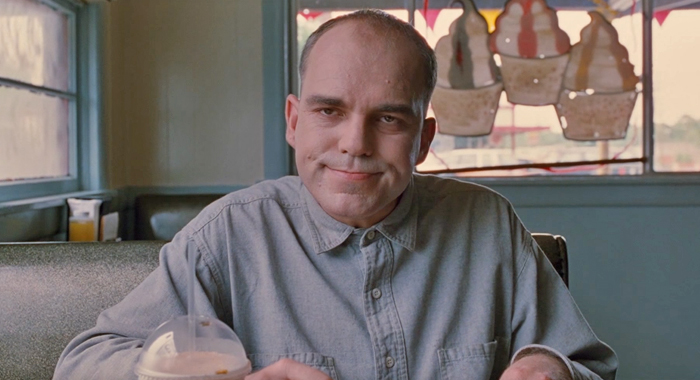
Thornton had been around for awhile by the time he made Sling Blade, but it really marks the spot where he became a known quantity for moviegoers — and for power players in Hollywood, who sat up and took notice when it turned into an Oscar-winning sleeper hit. He wrote, directed, and starred in the rural-set drama, which centers on a developmentally disabled man who returns to his hometown years after being institutionalized for murdering his mother and her lover; not exactly cheerful stuff, but it was a story that resonated with filmgoers through its telling — and partly thanks to an eclectic cast that also included Robert Duvall, John Ritter, and Dwight Yoakam. “The lure of Sling Blade is both elemental and hauntingly familiar,” wrote Film.com’s Tom Keogh, “and I would not be surprised if Thornton’s breakthrough film is one day considered a classic in its own right.”
1.
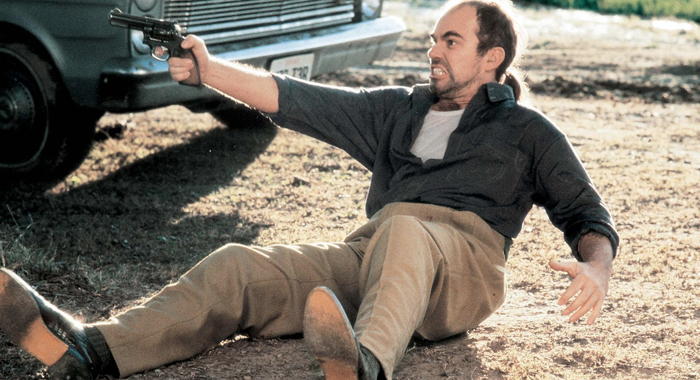
Its commercial prospects were fatally hobbled by a lack of studio faith so profound that it wasn’t even originally supposed to have a theatrical release, but thanks to overwhelmingly positive reviews, 1992’s One False Move — starring Thornton as the ringleader of a gang of criminals that runs afoul of an Arkansas sheriff (Bill Paxton) who teaches them a thing or two about small-town justice — ended up sneaking into theaters long enough for Gene Siskel to call it his favorite movie of the year. Siskel’s enthusiasm for the Carl Franklin-directed thriller was shared by the majority of his peers, including Michael Upchurch of the Seattle Times, who enthused, “Franklin’s convincing portrait of life on both sides of the color line isn’t quite like anything I’ve come across before, making One False Move one very assured directorial move. We need more filmmakers like him.”








